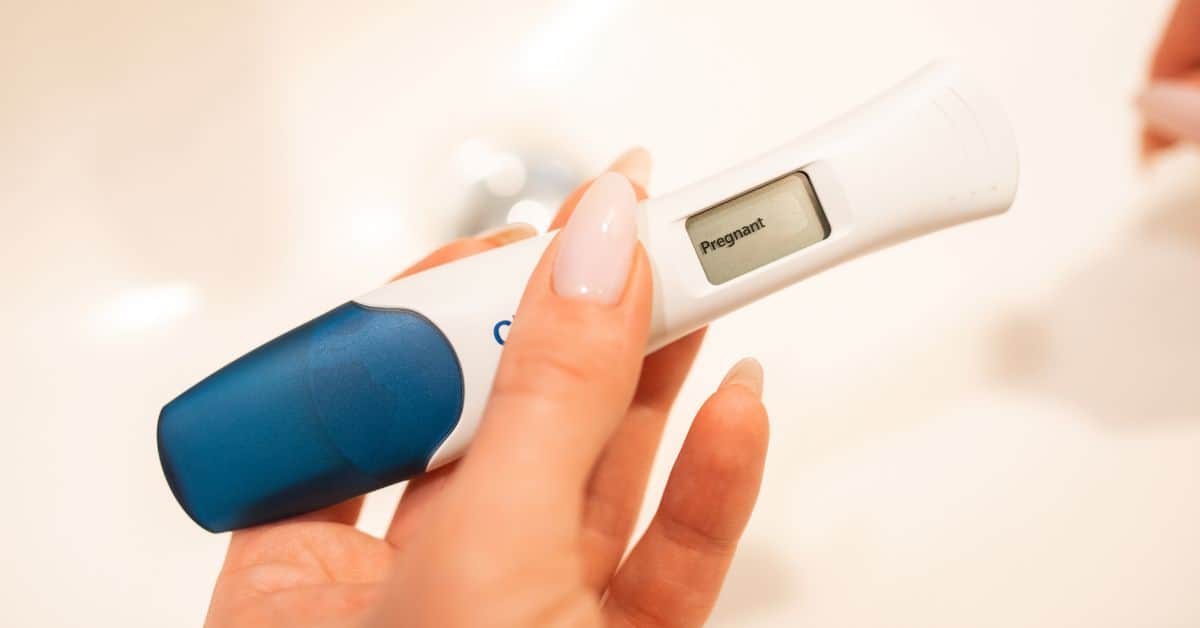What Are Positive Signs Of Implantation?
For any woman trying to conceive, there is nothing more important than the moment of implantation. This is when the fertilized egg attaches itself to the lining of the uterus, signaling the beginning of pregnancy. While this process is different for every woman, there are a few common signs you can look for that indicate implantation has occurred. In this post, we will discuss these signs in detail, so you can identify them and usher in a new phase of life with joy and excitement.
WISELIVN DAILY
Make your inbox healthier and happier with the latest WiseLivn Media stories, delivered fresh daily. Will be used in accordance with our Privacy Policy.
- Spotting or Light Bleeding.
If you notice a small amount of blood or pinkish discharge in your underwear, this could be a sign that implantation has occurred. This light bleeding, which is often mistaken for a period, happens because the fertilized egg burrows itself into the uterine lining. While some women experience a heavy flow after implantation, most bleed only slightly. If you notice this and have been trying to conceive, take a pregnancy test within 5-7 days to confirm your suspicions. - Cramping.
Another common symptom of implantation is mild cramping, which can feel like menstrual cramps. The uterus expands, and the ligaments stretch to accommodate the growing embryo. This is generally more common in those who have conceived before, as the uterus is more familiar with expansion. If cramping comes with spotting, it’s more likely to be implantation, whereas cramping without bleeding requires a doctor’s attention. - Temperature change.
One lesser-known sign of implantation is an elevation in your basal body temperature, which is the body’s lowest temperature at rest. Typically, your temperature will rise slightly after ovulation and stay that way until the start of your next cycle. However, if you are pregnant, your temperature will remain elevated for another two weeks or more. Take your temperature every day using a thermometer, and if you notice this pattern, take it as a good sign! - Mood Changes.
Pregnancy is a journey that affects both the body and mind. Hormonal changes and the sudden presence of another life inside of you can result in unpredictable mood swings. This happens because the progesterone hormone levels spike, which is responsible for producing a milky fluid to provide nutrition to the fertilized egg and placenta. A sudden rise in progesterone can lead to irritability, sadness, or anxiety. So, if you find yourself crying for no reason, it could be a positive sign that change is on the way. - Breast Changes.
A final sign of implantation is a sudden change in your breasts. The levels of estrogen and progesterone increase after the egg is fertilized, resulting in swollen, sore, or tender breasts. This is likely because your body is starting to prepare for breastfeeding. However, this sign is not exclusive to implantation; hormones can fluctuate during a woman’s cycle, so only watch for it in combination with other symptoms.
WISELIVN DAILY
Make your inbox healthier and happier with the latest WiseLivn Media stories, delivered fresh daily. Will be used in accordance with our Privacy Policy.
Implantation is a critical step in the process of childbirth, and it is always an exciting time for every woman who wants to have children.
While the symptoms mentioned above are not conclusive, they do provide some guidance when it comes to understanding changes in your body that might be related.
Keep in mind that the fertilization journey is different for everyone, so there are no hard and fast rules to go by.
That said, it doesn’t hurt to stay informed and keep track of what’s happening with your body along the way. Here’s to a healthy and happy pregnancy!

